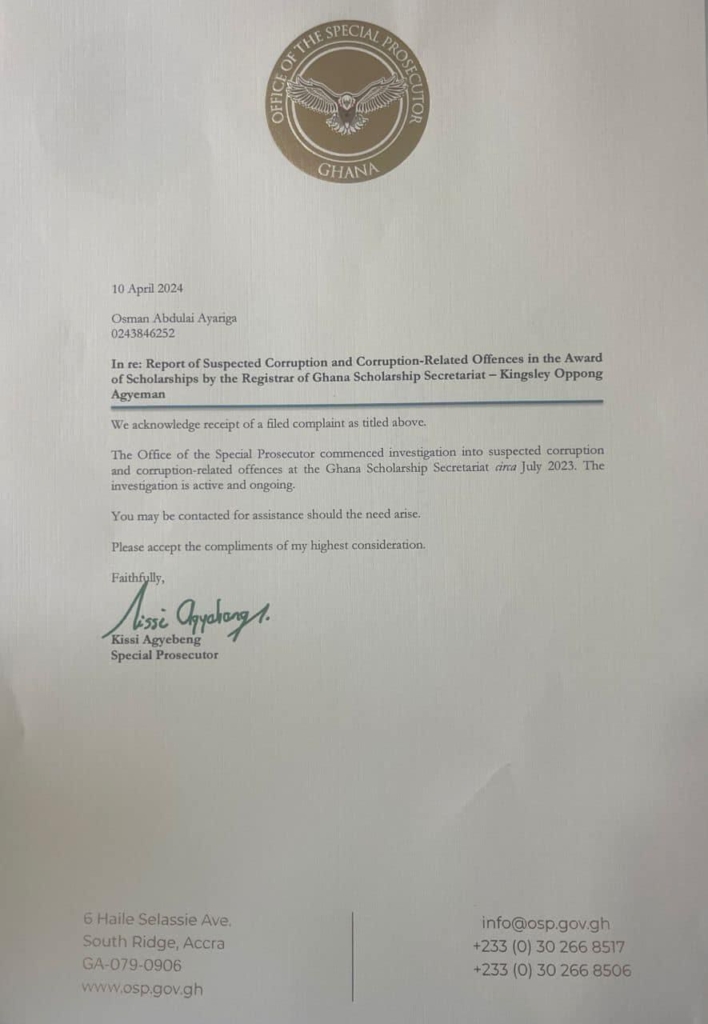
- as issuance slows
- fund managers lament limited options
By Joshua Worlasi AMLANU & Ebenezer Chike Adjei NJOKU
The volume of outstanding corporate debt securities on the Ghana Fixed Income Market (GFIM) fell by 95 percent between January and July 2025 – from 919.89 million a year earlier to 44.2 million – due to reduced issuance and retirement of existing instruments, according to the Ghana Stock Exchange (GSE) July 2025 Fund Managers Report.
This corresponded with a value of GH¢8.40billion, a 14.43 percent drop in July 2025 from GH¢9.82billion during the same period of 2024.
The decline was driven largely by smaller outstanding balances from long-standing issuers on the Ghana Fixed Income Market (GFIM).
Izwe Savings and Loans Plc’s debt dropped to GH¢75million from GH¢100million while Ghana Cocoa Board’s debt fell to GH¢7.33billion from GH¢7.93billion. ESLA Plc and Daakye Trust Plc, which together had more than GH¢1.1billion outstanding last year, now have no listed securities. ESLA’s exit followed a 90 percent buyback of a GH¢1.04billion bond in late 2024, reducing its future liabilities.
Some corporates however increased their presence. Kasapreko Company Plc more than doubled its outstanding debt to GH¢351.18million from GH¢151.18million, while Federated Commodities Plc debuted with GH¢72.55million. Bayport Savings and Loans Plc and Letshego Ghana Plc also recorded increases, with Letshego rising to GH¢316.19million from GH¢271.4million.
Despite these gains, the market remains dominated by government instruments. Total fixed income trading volumes on the GFIM surged 52 percent year-on-year to GH¢129.66billion between January and July 2025, with government of Ghana bills alone accounting for GH¢73.45billion.
The recently introduced commercial papers accounted for 700,000 on volumes traded over the period under consideration.
Yields remain relatively high, with 91-day bills averaging 10.94 percent, 182-day bills at 12.88 percent and 364-day bills at 13.28 percent in July. Longer-dated government bonds ranged between 15.25 percent and 16.05 percent, creating stiff competition for corporates seeking cheaper capital.
Market participants say the imbalance reflects both weak corporate preparation and missed opportunities, adding that it continues to limit the options for fund managers.
“The current investment environment is restrictive for fund managers. We had expected more corporate issuances by now, but many institutions have not prepared their books in advance to tap the market,” explained Head of Pension Management at Merban Capital, Kofi Kyei Busia.
He noted that while some activity exists in private equity and private debt, fund managers generally prefer securities vetted by regulators with established track records.
Still, private equity and private debt remain important avenues for channeling investments into the real economy.
“Corporate bond issuances could provide alternative options, yet we are not seeing them,” Mr. Busia said.
“It is surprising because macroeconomic indicators are improving. Interest rates are declining, inflation is trending down and GDP growth looks encouraging. In such a context, corporates could even dictate competitive rates,” he added.
For institutional investors, the limited options are creating pressure to protect value. Treasury bills currently yield about 13 percent while inflation stands around 12 percent, leaving only a slim real return.
“We need corporate bonds to diversify away from government securities and bank placements. But viable options are scarce and we cannot send funds offshore; we want to support the local economy,” Mr. Busia explained.
He argued that corporate issuers must act quickly to fill the gap.
“Companies need to put their financials in order, involve corporate finance experts, and prepare for regulatory scrutiny. If they do so, investors will respond positively,” he said.
Mr. Busia added that private equity remains an option but carries higher risk. By contrast, listed corporate debt and equity give more assurance once approved by regulators such as the Securities and Exchange Commission (SEC).
“The private sector must seize this window. If companies position themselves well, they can raise capital, expand and ultimately benefit the broader economy,” he said.
The post Outstanding corporate debt falls 95% year-to-July appeared first on The Business & Financial Times.
Read Full Story























Facebook
Twitter
Pinterest
Instagram
Google+
YouTube
LinkedIn
RSS